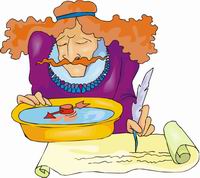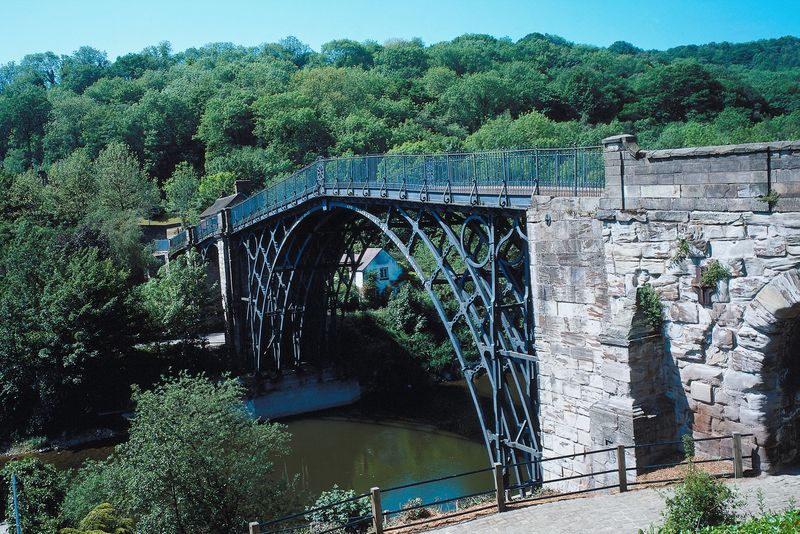

 |
The 1800s were a turning point in modern history. This century, at least in Europe, is a reaction to the tumultuous events, ideas and historical figures of the 1700s. In fact, one role of the historian is to examine which events, ideas and/or historical figures began the modern era. For instance, one could argue that the modern age began when Columbus discovered the New World. Or, one could say that the Reformation changed Western history the most because it led to the decline of the Catholic Church, the division of Church and State, and the modern practice of questioning authority. As a student of history, it is your role to examine turning points in history, their causes, and their effect upon the period that would follow. |
| The 19th century is characterized by transitions partly because it acts as a bridge. It connects the upheaval caused by the pre-19th century events of the French Revolution, the Enlightenment, the Scientific Revolution and the Reformation, to the modern industrial era. Known also as the Romantic Period, post-Napoleonic Europe saw a time of restoration of order, inner reflection, and outward reaction manifested in new social, political and economic movements. |  |
As a century of transitions, the 1800s ultimately sow the seeds for more European upheaval that would change world history. Events, ideas, and important people create the long-term causes that would bring about World War One and later World War Two, the Cold War and arguably the War on Terror.
Activity One examines the nature of change. Think about the great events that precede the fall of Napoleonic Europe. Did the turning points in history result from great individuals or were they products of inevitable circumstances?
Knowing about historical change is not enough for the historian. The historian has to prove the causes and consequences of such change. The student as historian may examine the role of the Great Individual and the nature of change - its positive and negative aspects. You decide.
| Interactive Activity: Begin the Drag and Drop quiz related to the role of the individual in history. |
Unless otherwise indicated, all images in this Activity
are from the public domain or are © clipart.com or Microsoft clipart and
are used with permission.
This is a disclaimer. External Resources will open in a new window.
Not responsible for external content.